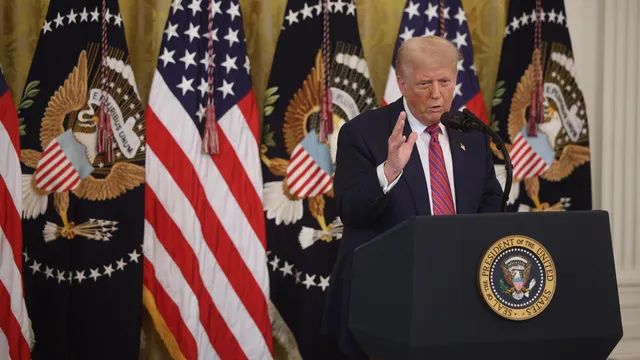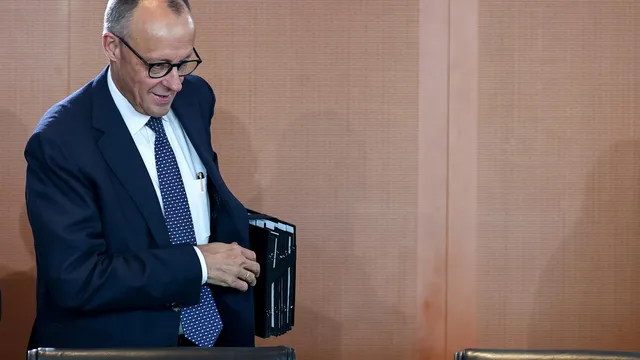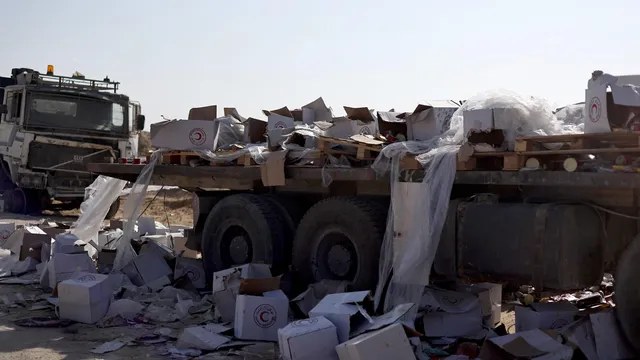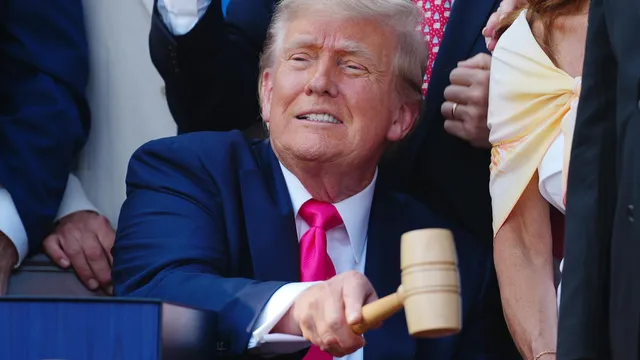The 25% tariff announced by President Donald Trump on imports from Kazakhstan was presented as a decisive step to reduce the trade deficit, but in practice the measure hardly affects the country’s economy. Over 95% of Kazakhstan’s exports to the United States — mainly oil, uranium and metals — remain untaxed. The sanction applies only to a small share of products such as phosphate chemicals, ammonium nitrate, ferrosilicon and wheat gluten, whose total value in 2024 was about $95 million, or just 4% of exports to the U.S. market.
This episode is indicative of long-standing inconsistency in Washington’s policy toward the leading economy in Central Asia. Kazakhstan is a key country, rich in energy resources and critical minerals, that has repeatedly sought closer ties with the United States. Despite the promises of the 2019–2025 Central Asia strategy, American engagement has remained episodic and often superficial, while China, the EU, Turkey, South Korea, Japan, India and Gulf states have strengthened their diplomatic and economic positions in the region.
A particularly symbolic problem is the fact that the Jackson–Vanik amendment of 1974 still formally applies to Kazakhstan, even though each administration suspends it annually. For Astana this is a sign of disrespect, and efforts to repeal it permanently are stalled in Congress.
Experts and diplomats emphasize that with the current strategy expiring in 2025, Washington has an opportunity to change course — through a steady and predictable partnership, investments in critical-minerals extraction, green energy and infrastructure. Kazakhstan is a leading global producer of uranium and has large reserves of rare earth elements, copper and lithium — resources that the United States and its allies need to diversify supply chains and transition to clean energy.
Analysts warn that if the U.S. do not make Central Asia a lasting priority and fail to establish a consistent presence, they risk falling permanently behind competitors who for years have maintained an active, targeted dialogue with the region. |BGNES
------------------------------------------------------------------------------------
Analysis by The National Interest, Miras Zhienbayev

 Breaking news
Breaking news
 Europe
Europe
 Bulgaria
Bulgaria







